Ao Ashi continues to cruise both on and off-screen. The new manga volume (#28) topped the charts and recorded the best first week of any so far, and the series saw its highest-ever rank in total sales at #2 (behind the unstoppable juggernaut Spy x Family). Those are pretty impressive numbers for a sports manga not named Haikyuu. And the series itself continues to deliver in anime form, serving up a comprehensive take on the life of a youth soccer player. It doesn’t quite have the same intellectual heft and emotional subtlety as Baby Steps, but there’s something of that masterpiece of sports manga in Ao Ashi (though the protagonists could hardly be more different).
Just as answers don’t come easily for Ashito, they aren’t spelled out for the audience. We’re supposed to experience something of what Ashito is experiencing of course, and unless you’re a serious soccer geek it’s going to take you some time to figure stuff out, too. With the local boys returning home for spring break Ashito is left more or less on his own, still stewing over the assignment Date-sensei gave him after the disastrous intrasquad game. In watching him it was clear he was lost, confused – falling back on mindless training as a fix when he couldn’t come up with anything more productive to do with himself.
It was obvious Ashito needed a friend at that moment, and of course he has one in Hana. She’s his “fan”, though that has a pretty euphemistic tone to it for a 15 year-old. I had the same thought he did about her barging into the room of a guy that age without knocking, but my next thought was how odd it was that his mom hadn’t gotten him a cellphone for her own peace of mind if nothing else. Hana has the right idea in dragging Ashi away from his endless grinding and mindless repetition, neither of which is doing him any good at the moment. But because he lacks the experience to be smart about it, those repetitions are the only refuge he has when he’s struggling on the pitch.
Hana drags Aoi-kun to see the high school they’ll both be attending after spring break. At this point in the story I’d gotten it into my head that these players didn’t attend high school (which isn’t mandatory in Japan) but I guess it’d make sense they would – and that it’d be affiliated with the club. She’s also done six months worth of menus for him (not sure how that works in a cafeteria system). Aoi is appreciate but in his current situation finds Hana’s attentions smothering, and she lacks the delicacy to see that. Hana sees her brother in Ashito (and clearly likes him, too), and she worries about the self-destructive impulse she can sense from him (which makes you wonder about Fukuda-san). But this ends predictably (a bit too much so, given the tiresome trope involved) with her feelings hurt.
If playboy-wannabe Eisaku is right about only having 24 hours to apologize Ashito is in trouble, as he still hasn’t ten days later as school starts. He also hasn’t figured out why Asari and Kanpei-kun were so pissed at him. It’s shown for the first time that Date is basically following a script here – Fukuda’s script – and that his hostility towards Ashito was at least partly a result of that. If it were up to him he’d certainly help Ashito more directly, but Fukuda is insistent that the boys will learn more by figuring out stuff on their own – and he’s not wrong, though that’s no consolation if they crash out of the system first. This method of coaching is closely tied in to Fukuda’s tactical approach – he wants players who can think and react on their own volition once the whistle blows.
Underlying this lack of communication is the general tension between the promoted players and the tryout kids, which has never really gone away. I’d assume this is something that happens every year, though Asari is particularly a dickhead about it. To Ashito’s credit he never does what he could have done at any time – go to the two of them and demand (or beg) them to spell it out for him. He’s not a boy who takes the easy way, but he needs to learn to be smarter about navigating the hard way. Finally he does engage Kanpei and Asari about this in school, and shows off that remarkable memory (which is only useful here because of his remarkable vision) in placing every player on the pitch during that crucial moment.
Asari wants no part of helping, but Kanpei is at least willing to engage. And Kanpei calls Asari out on his whining about a tryout player “stealing” the spot of one of his friends. This sets Eisaku off, and for good reason – it’s an attack on him too. But even if Ashito edges closer to the truth the notion of selfishness is clearly not all there is to this – strikers always tread a fine line where selfishness is concerned, as it’s a necessary trait to succeed in the role.
His assignment has never been more critical, as Date tells Ashito that he’ll be starting the B-team’s first game – but that if he doesn’t demonstrate that he’s figured out the puzzle, he’ll be frozen out for three months. That tough love comes from Fukuda-san surely, though it’s Date who plays the bad guy. Fukuda clearly has confidence in Ashito though – perhaps having some personal insight into what makes him tick, if Hana is to be believed…


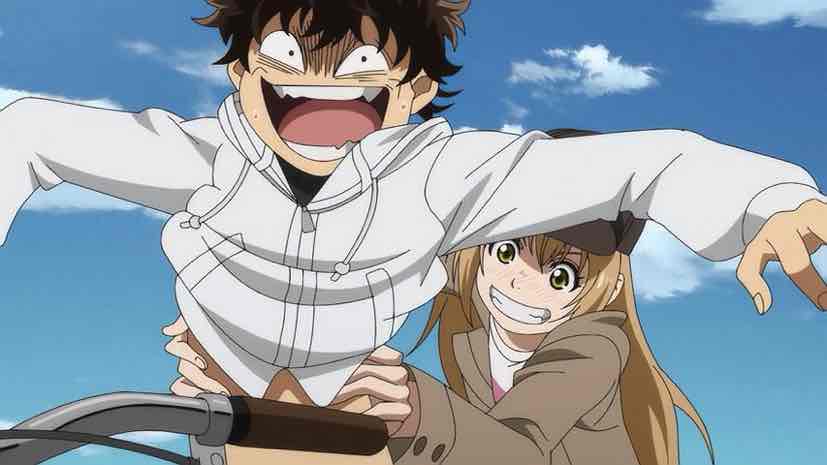

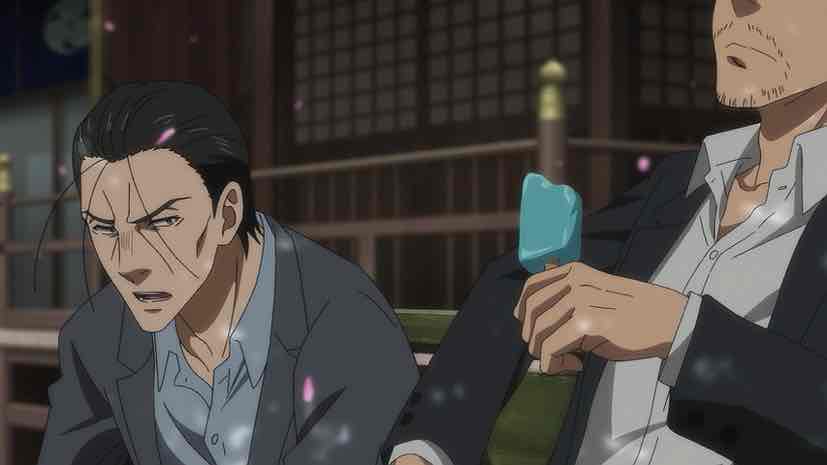
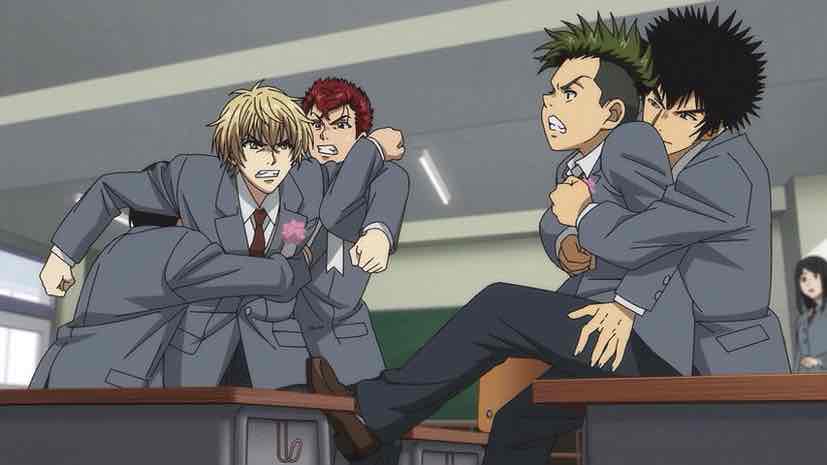
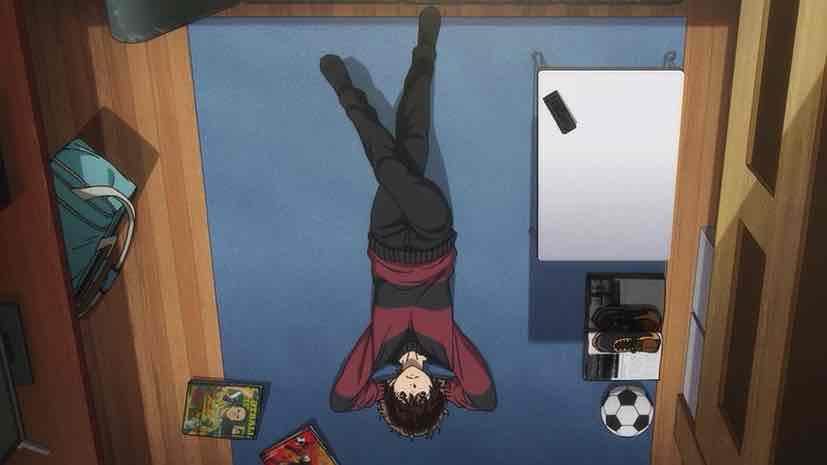
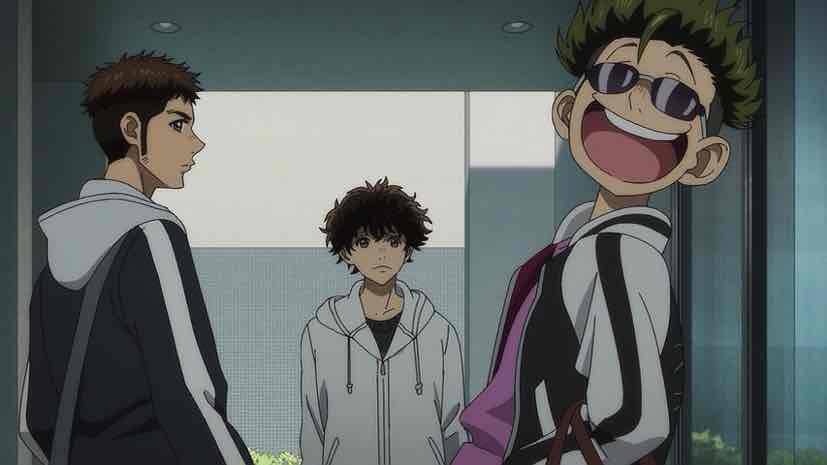
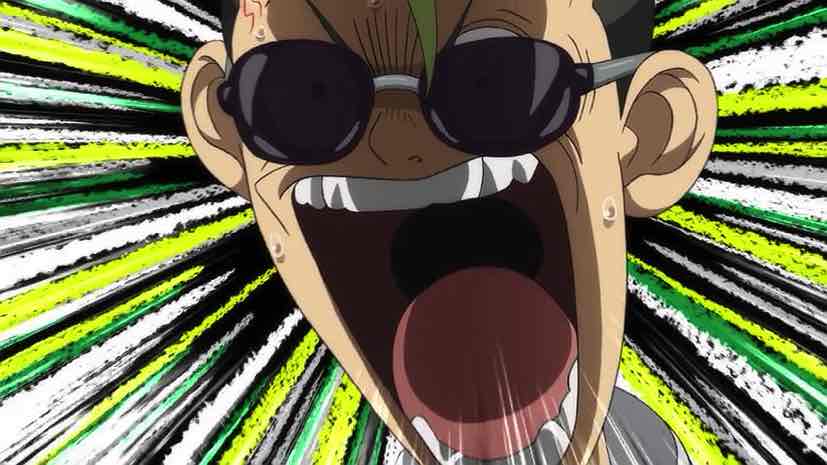
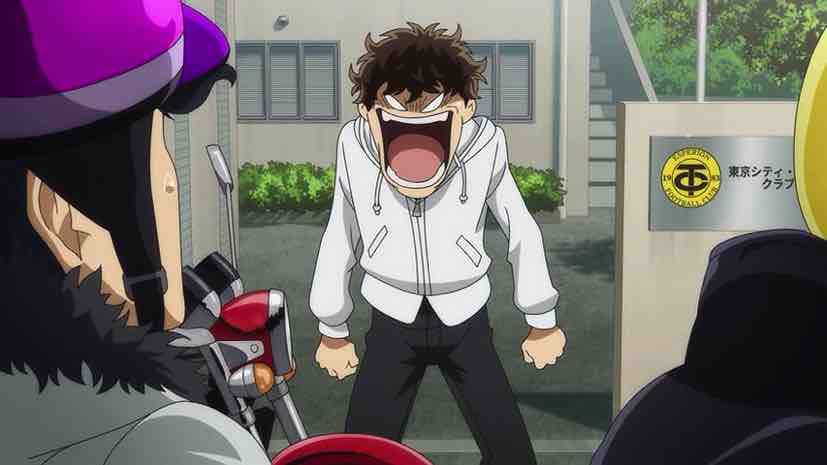
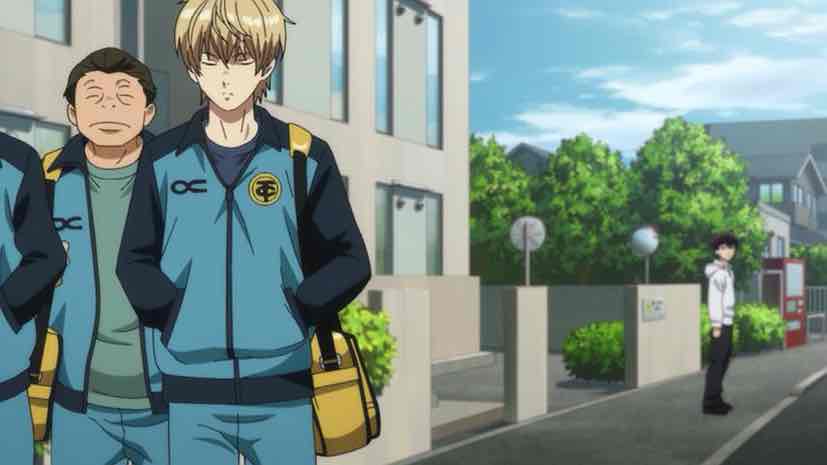
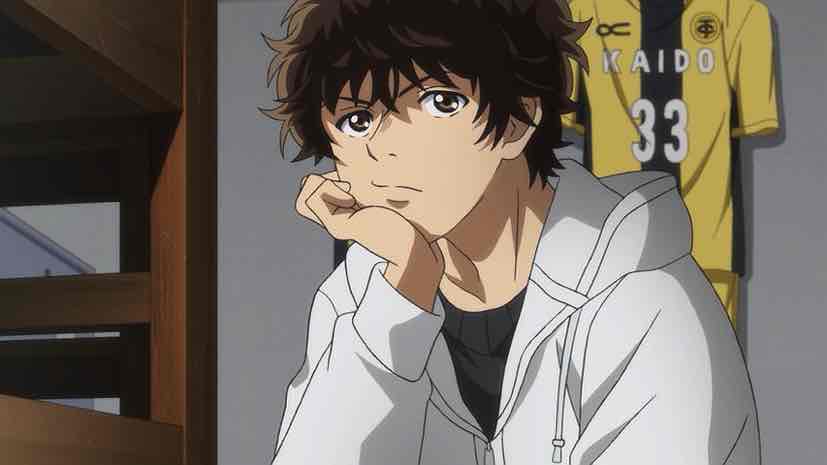
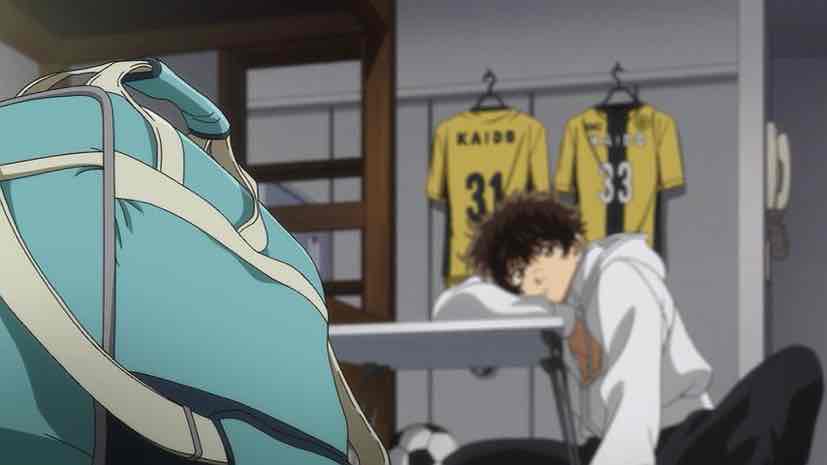
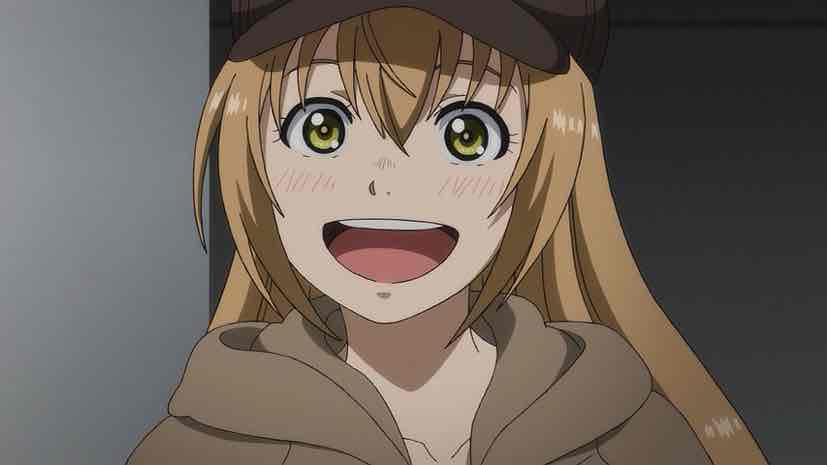
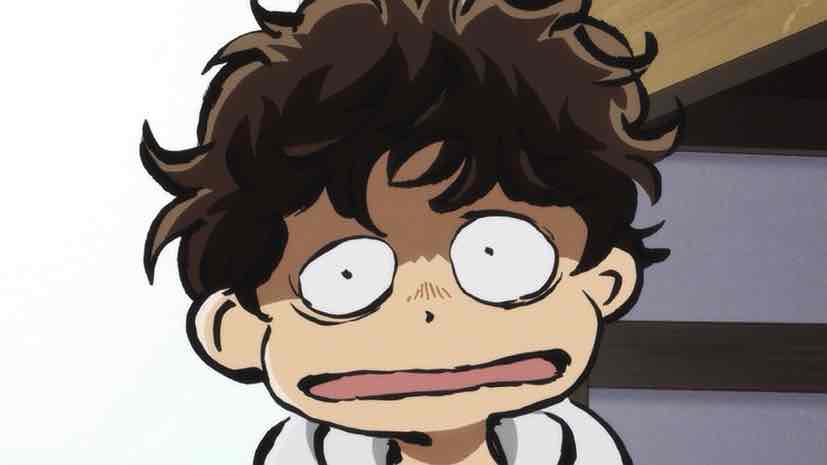

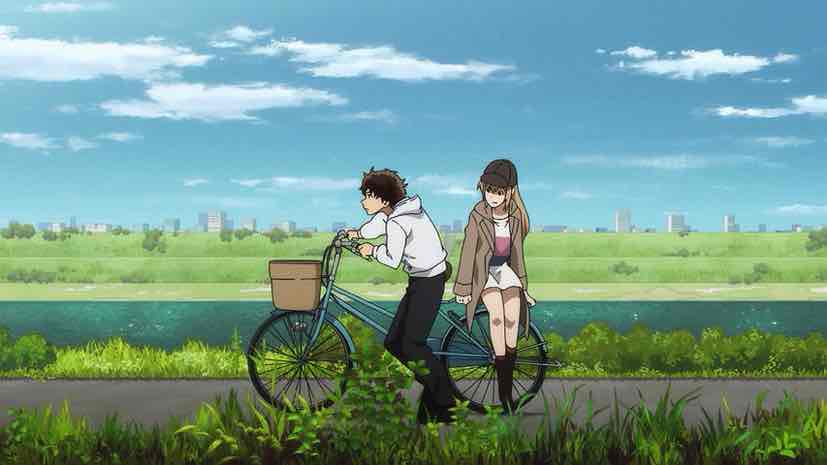

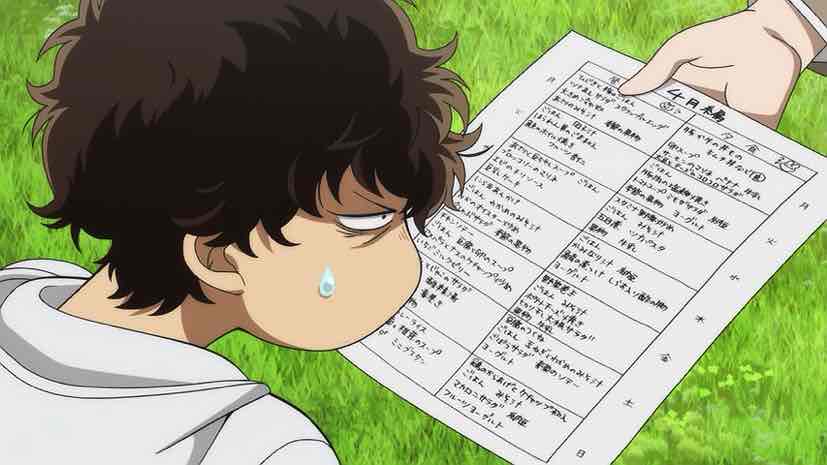
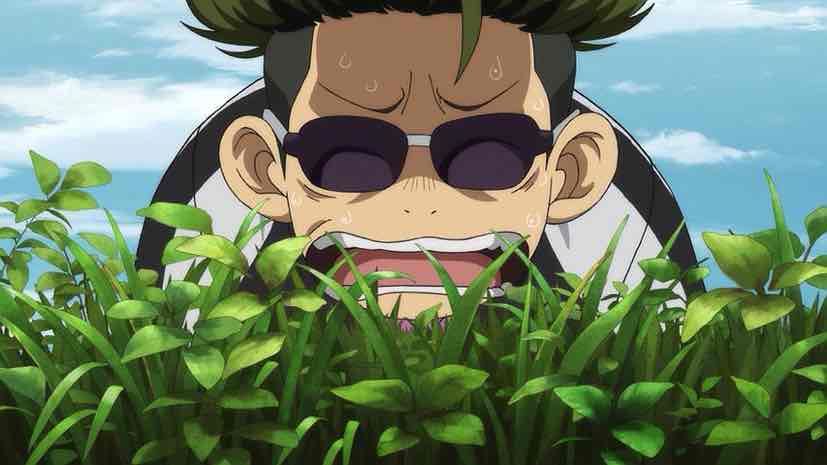
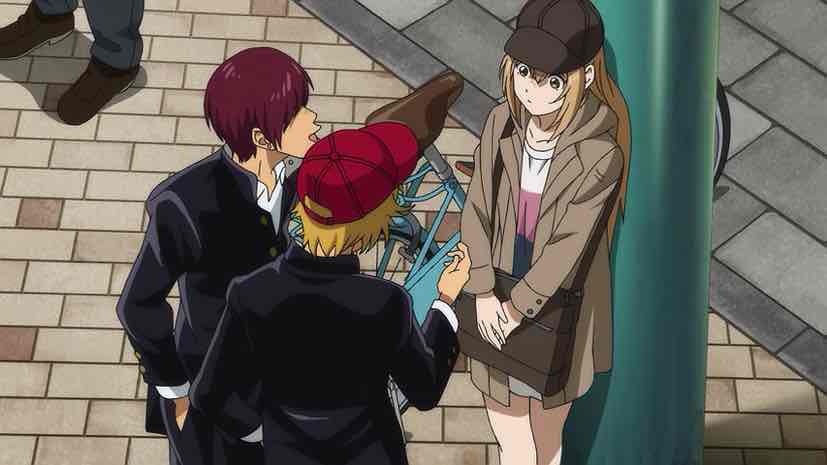

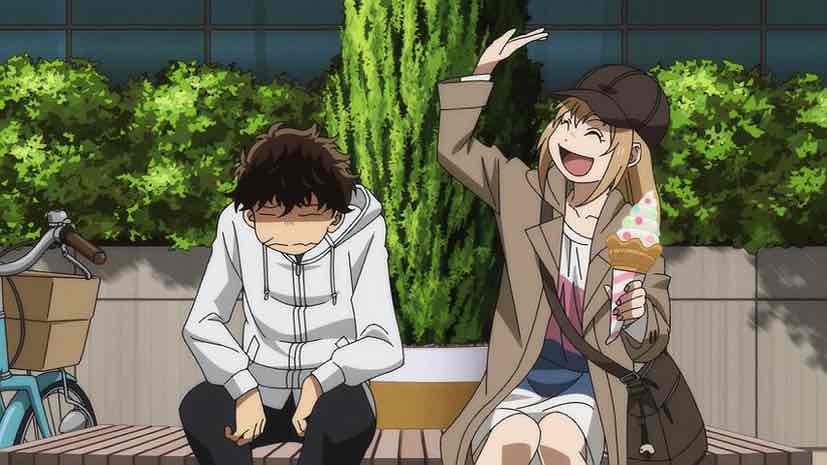
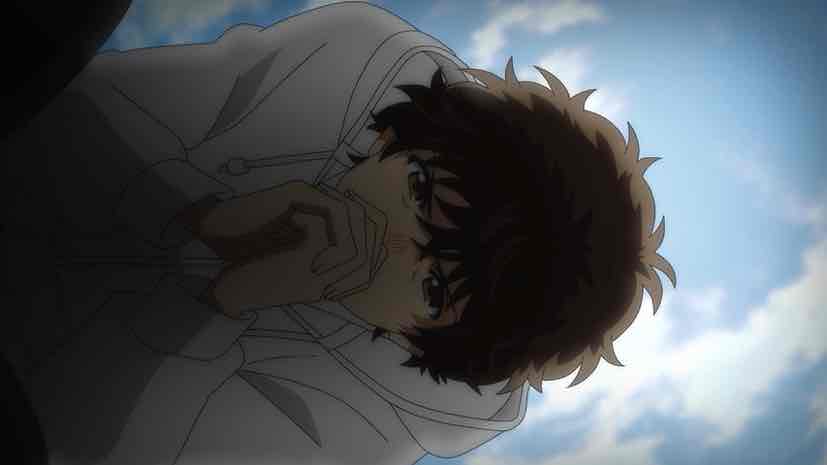
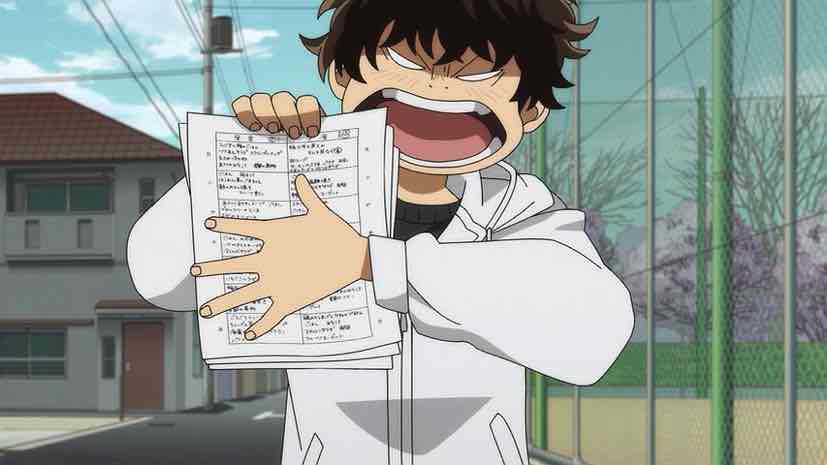
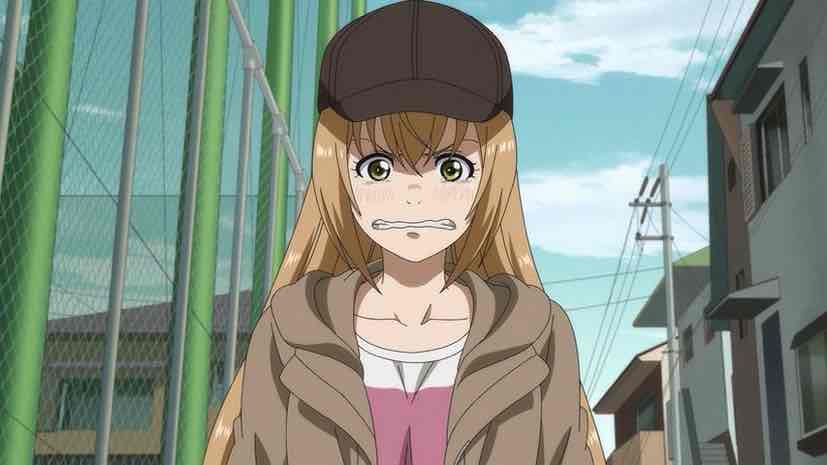
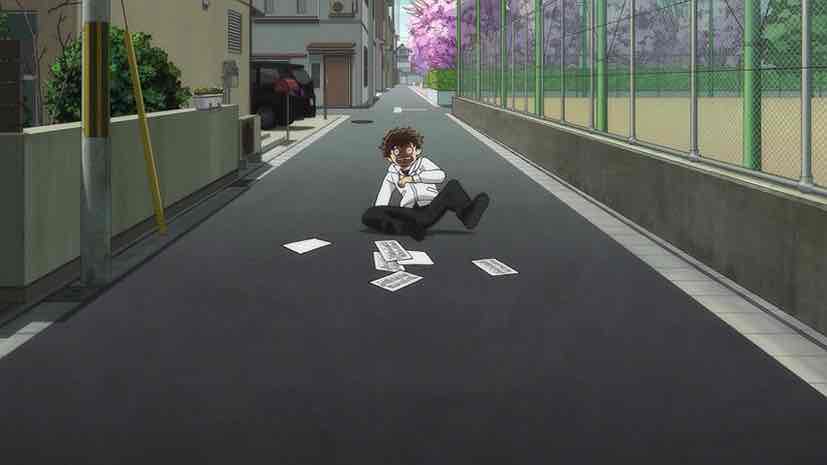
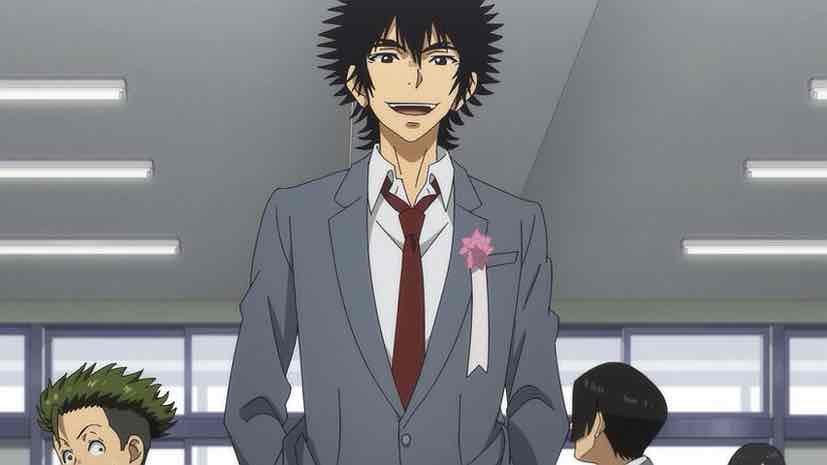
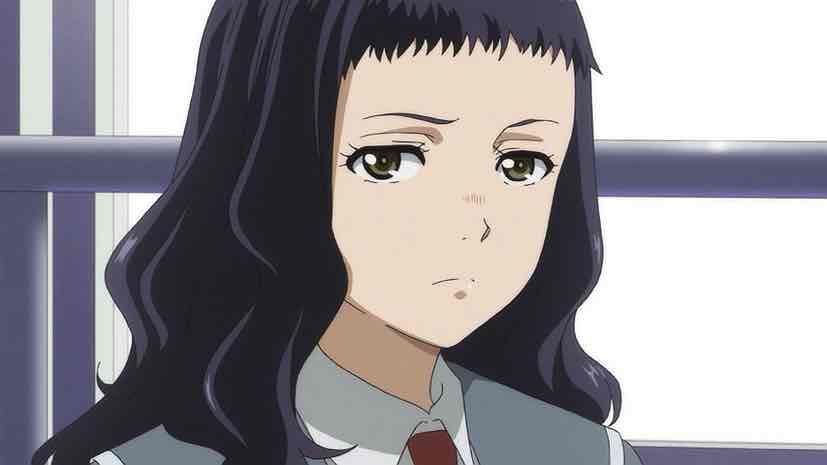
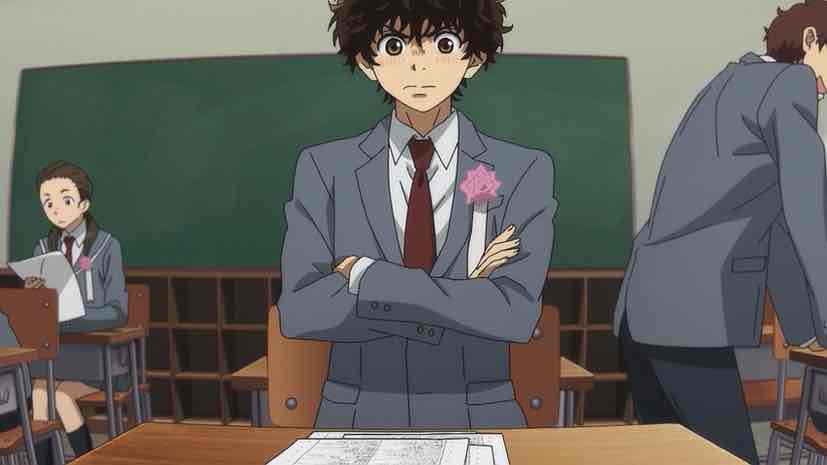
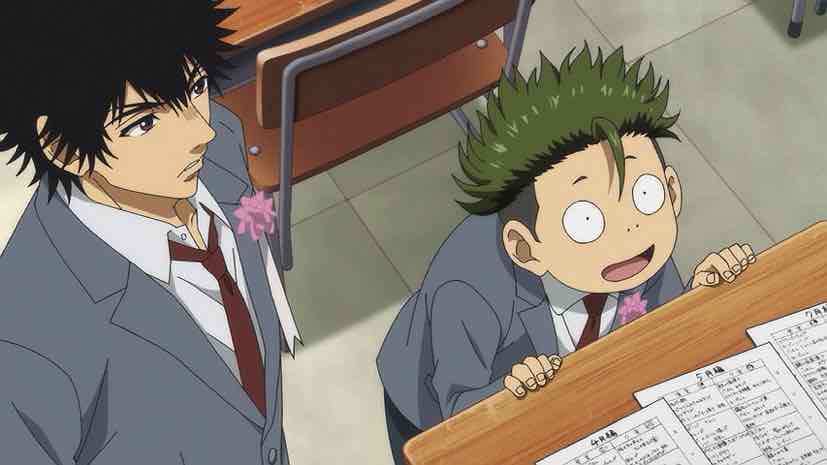
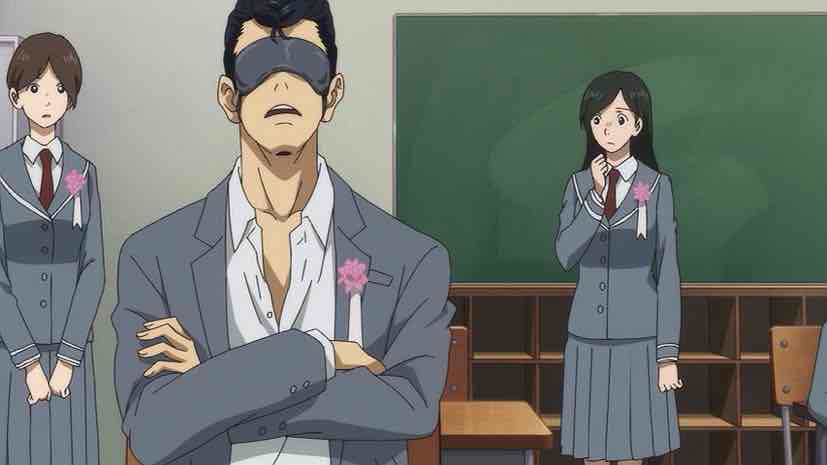
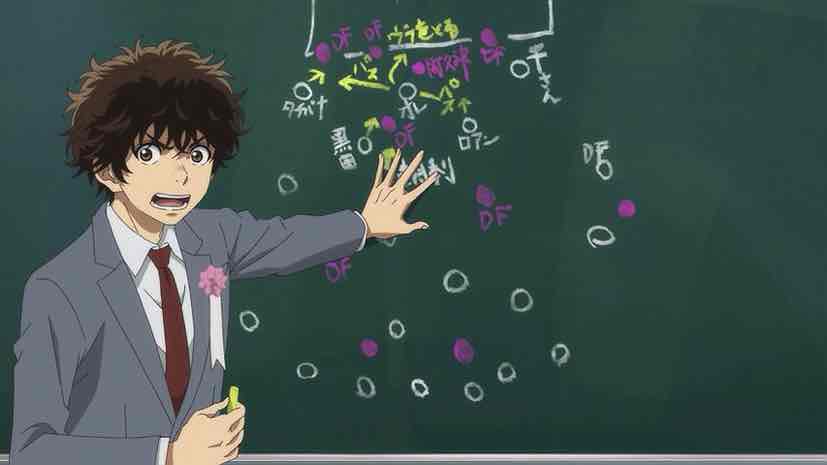
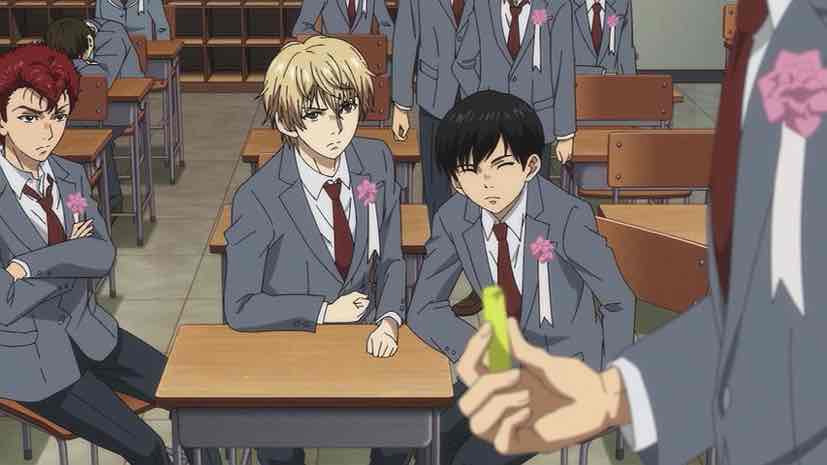
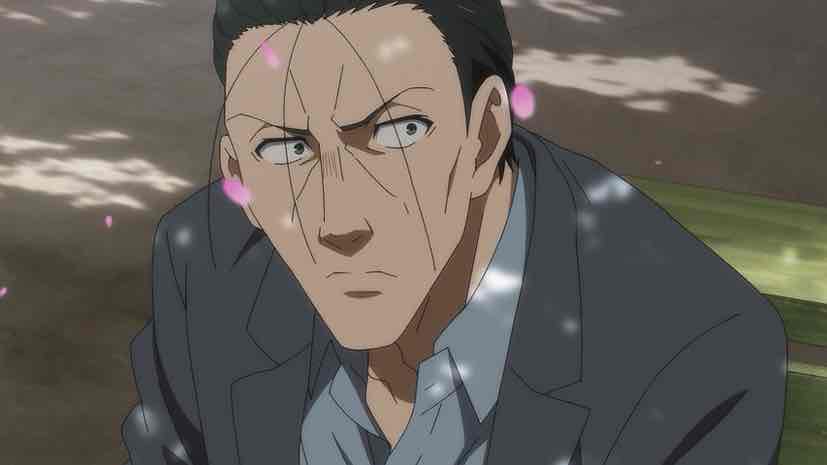
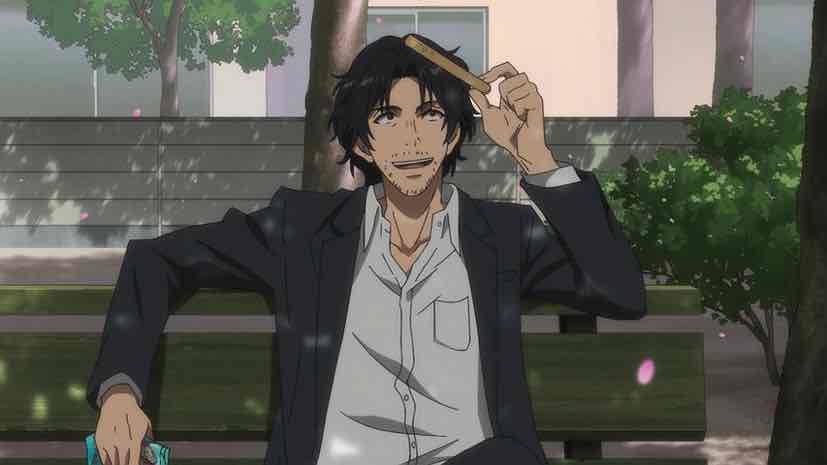
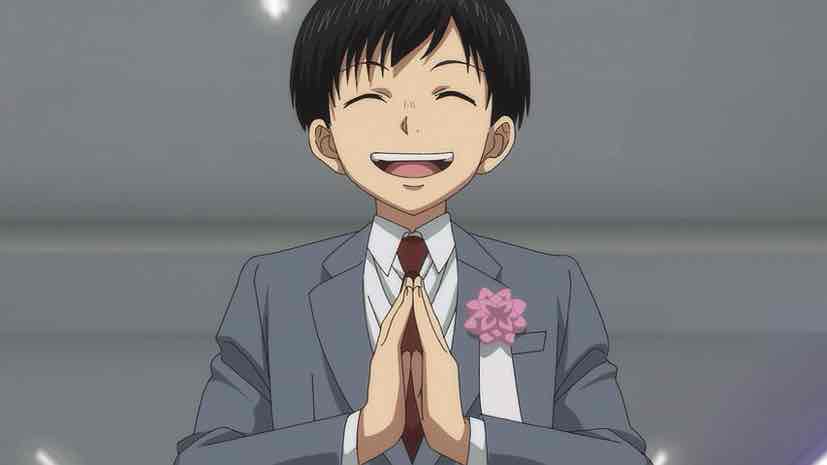
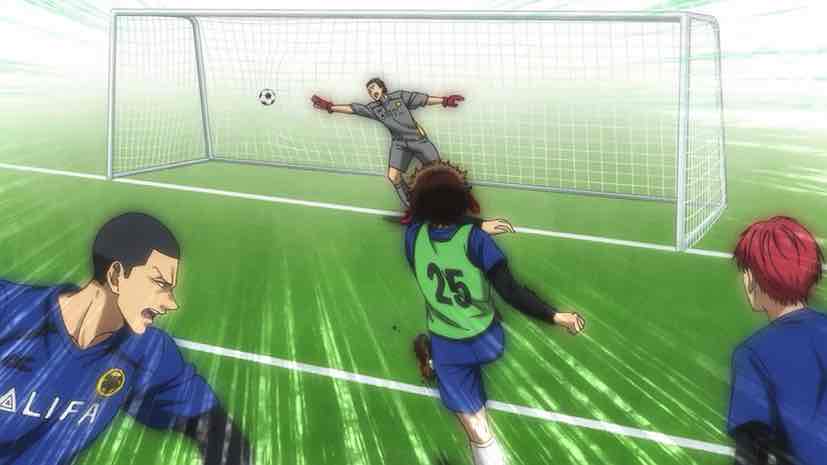
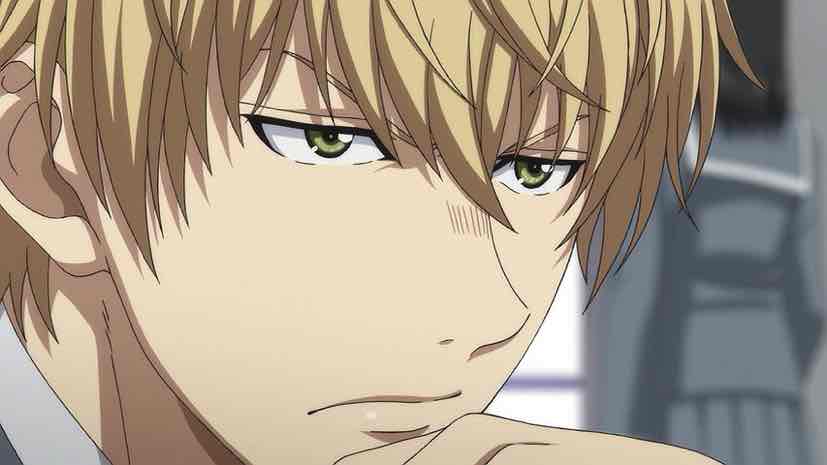
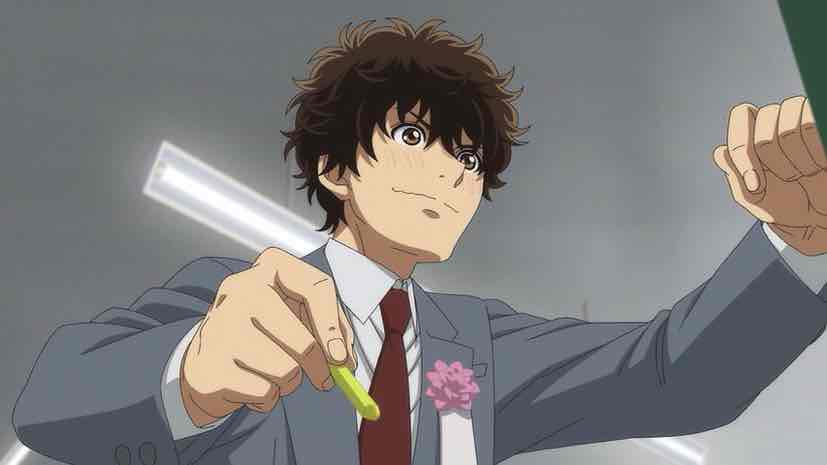
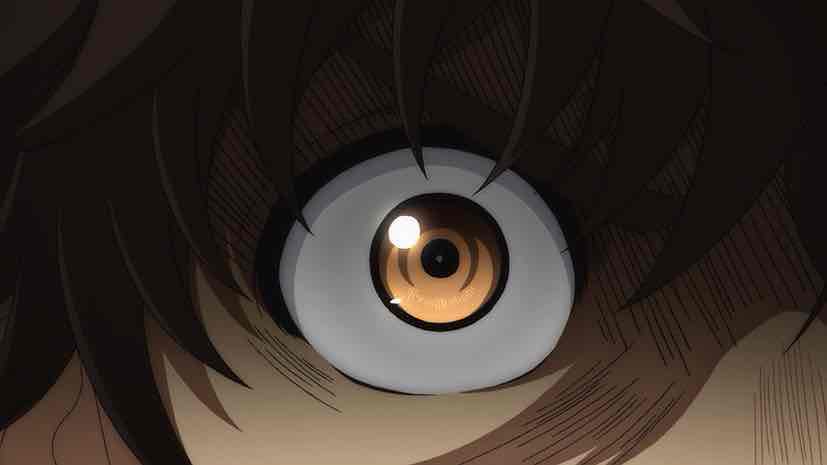
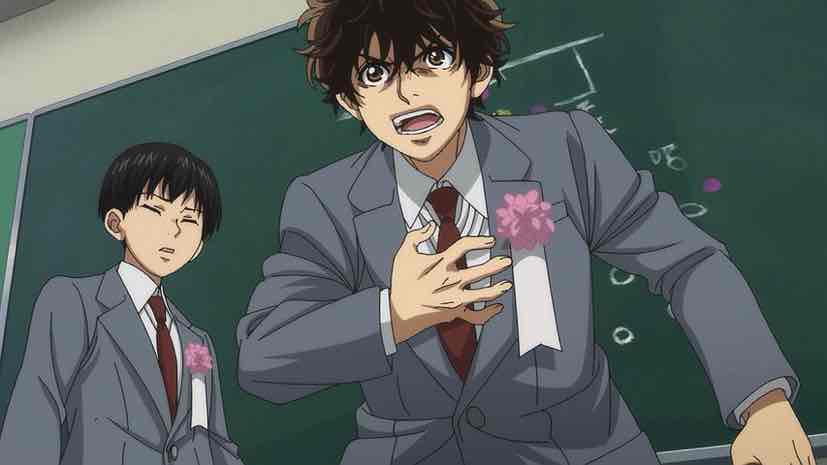
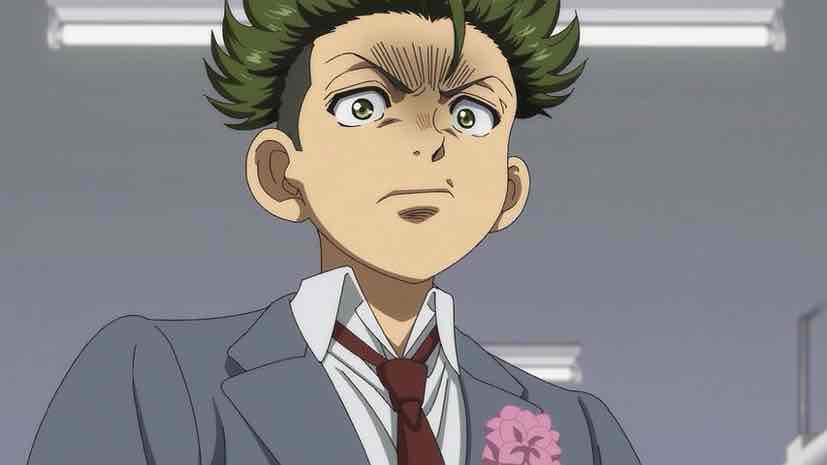
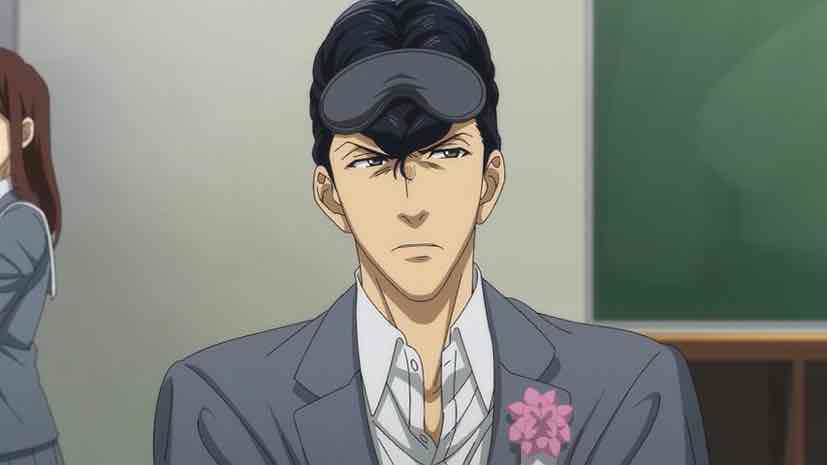
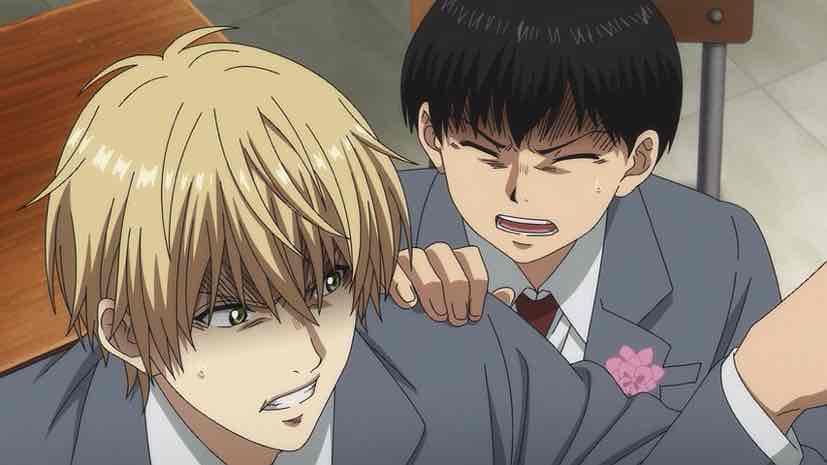
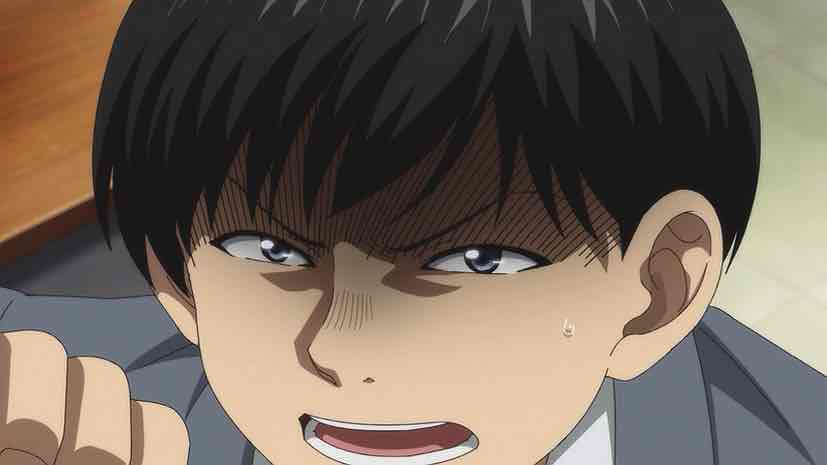
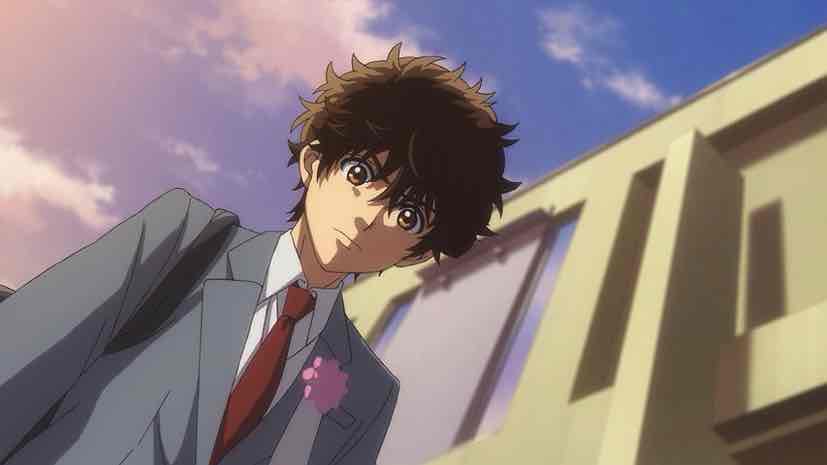
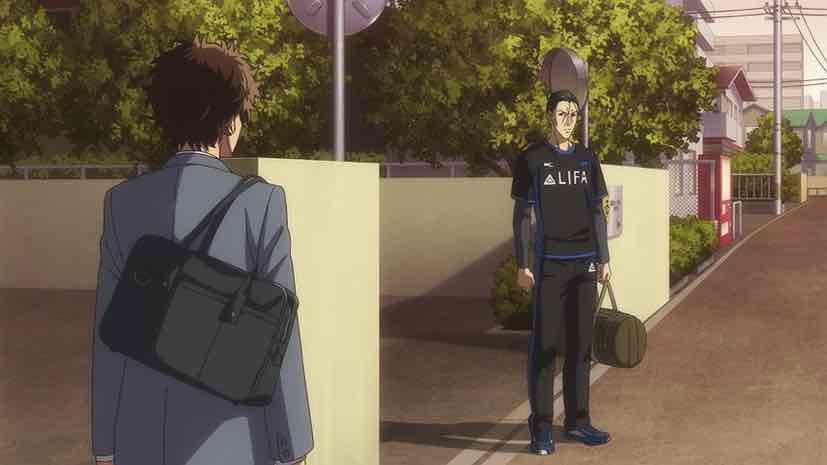
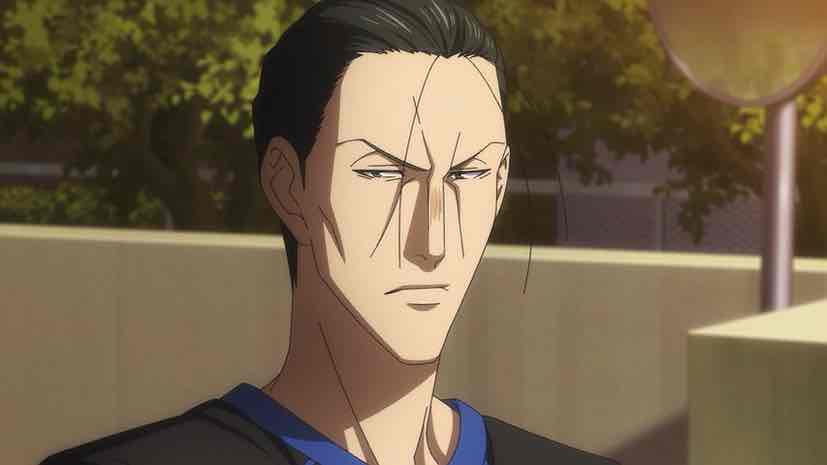
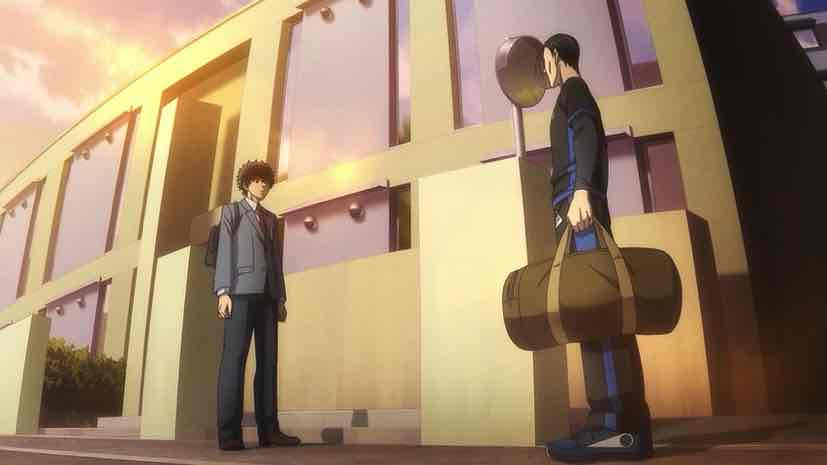


Haraga
June 12, 2022 at 5:58 amI like this show a lot. Probably it is the one I look forward to the most each week at the moment. However, as a wannabe football geek, I have some questions.
First, what kind of football is Esperion supposed to be playing? Clearly not tiki-taka or catenaccio, I also haven’t seen a lot of focus on the high-pressure game. Perhaps highly vertical counterattacking football, with a particular focus on delivering the ball forward as fast as possible and shooting after the fewest number of passes possible?
Second, aren’t expectations a bit too high for a Japanese youth team? I mean, the level expected from the youth A team would probably put it on top of the adult J-League. I don’t want to downplay the level of J-League too much, but Esperion sounds more like a mid-to-high table youth team from a top-5 European league.
Third, unless Esperion is playing a specific kind of football where forwards are expected to focus on pressing and creating space for other players instead of scoring no matter what, doesn’t Ashito have a point that his main aim should be scoring and his teammates should go out of their way to help him out? Great forwards are supposed to be greedy for a reason.
Finally, I think the main conflict of the series is really interesting. There is a stereotype of a good East Asian player in western football: disciplined, tactically acute, physically sharp, hard-working, and willing to listen to the coaching staff to improve their game. Ashito is the complete opposite. He is more like a stereotypical South American player, using pure instinct. And he is something East Asian teams often lack. Yes, they can achieve great results, but when it comes to the highest level, hard work alone isn’t going to cut it. Sometimes you just need this pure instinctive genius the best players in the world have. And Fukuda is a smart coach, he realizes that his team needs a player like Ashito to succeed at the highest level.
Guardian Enzo
June 12, 2022 at 9:04 amWe haven’t seen enough of the A-team in action in a normal match to assess Fukuda’s specific tactical approach. Everything so far has been gimmicked for training. We know he seems to prefer a single striker (assuming the B follows the same model, which it should), and that he likes his players to freelance. My intuition says a Klopp-styled high-press with three across the front, with possibly some elements from Cruyff’s “Total Football” in terms of positional flexibility.
I assume the level of Esperion is the Japanese version of the U-18 Premier League. i.e. the highest-level youth football in the country. As such, I don’t think we’ve seen anything to indicate their level is unrealistically high, but that’s just MHO.
As noted above, my gut says Fukuda is playing some variation of that style but it’s too early to say. Selfishness with strikers is a tricky thing, as I noted in the post. It’s like patience – a little goes a long way, too much goes absolutely nowhere. It’s a necessary trait, but older players have learned to balance it.
I agree on your last point, and it’s pretty clear Fukuda sees that potential in Ashito because that’s the sort of player he was himself. And he did go abroad to play before he was hurt, to La Liga in Spain – where a lot of the best Latin American players wind up.
Peter Griffin
June 12, 2022 at 9:55 amwrt:The football Esperion is supposed to be playing
They do focus on what it specifically is later in the manga, along with the playstyles of other teams & so on. I could divulge on Esperion but I have no idea how much of it is a spoiler.
Guardian Enzo
June 12, 2022 at 10:04 amThanks for holding back – please don’t divulge anything from the manga until the anime gets there (assuming it does). Better to let folks find that stuff out organically.
My other favorite current soccer manga, Be Blues, focuses on tactics pretty heavily as well. The protagonist comes from a background of very possession-oriented, build-up football. He winds up at a high school that’s completely dedicated to counterattacking, and he has to either adapt to that style or try and force the team itself to change their style to accommodate him.
leongsh
June 12, 2022 at 10:25 amIt is definitely not the direct game. It is a passing game (we have 2 matches shown – the qualifying match and the Team A vs Team B match) but just which type of passing game. As Peter Griffin mentioned, it will be revealed in due course.
It has been set up in the series that the Esperion Youth Team A is the top team in the Eastern Japan Youth League. As to the expectations for this team, it will be revealed later what Fukuda’s goal is.
As to the rest, answering them, even in an obligue way, could spoil.